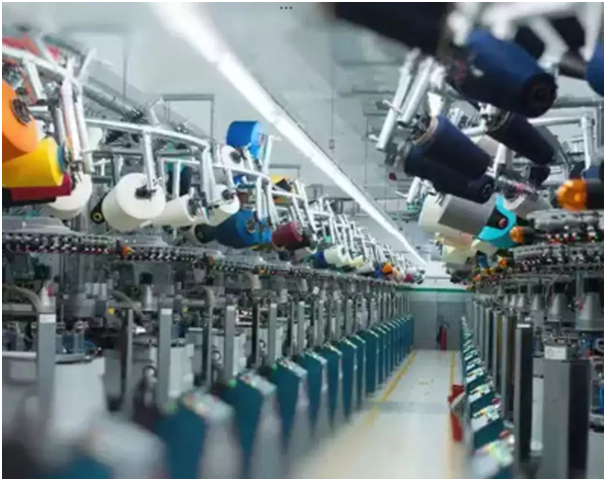The issues with the Quality Control Orders for fibres
Context: Quality Control Orders (QCO) have been issued for fibres — cotton, polyester and viscose — that constitute the basic raw materials for majority of the Indian textile and clothing industry. International manufacturers of these fibres, who supply to India, are also mandated to get a certificate from the Bureau of Indian Standards (BIS).
BIS implements Quality Control Orders (QCOs) issued by the Government which ensure that the notified products conform to the requirements of the relevant Indian Standard(s).
Why are fibres covered under QCOs?
- The Indian textile and clothing industry consumes both indigenous and imported fibres and filaments.
- The imports are for different reasons — cost competitiveness, non-availability in the domestic market, or to meet a specified demand of the overseas buyer.
- The main aim of the QCO is to control import of sub-quality and cheaper items and to ensure that customers get quality products.
- The entire supply chain, from the textile manufacturers to exporters, has so far focused on quality standards prescribed by the buyers.
Challenges does the new mandate bring?
- India imports annually 50,000 – 60,000 tonnes of viscose fibre and its variants such as Modal and Tencel LF from nearly 20 countries.
- In the case of polyester, almost 90,000 tonnes of polyester fibre and 1.25 lakh tonnes of POY (Polyester Partially Oriented Yarn) are imported annually.
- The overseas fibre manufacturers sell not only to India but to other countries too. The supply of some fibres to India is in small quantities.
- Getting the certificate from the BIS involves a cost and and hence not all are interested in getting the certificate.
- The Indian textile manufacturers who are dependent on these suppliers for the raw material will have to either look at other suppliers or lose orders.
- Furthermore, BIS officials have to visit the manufacturing unit abroad before issuing the certificate and this process is yet to be completed for all suppliers who have applied for the BIS registration.
- There is no clarity on the fibres that were shipped before the certification and which will reach India in the coming days.
- The textile buyers, be it domestic or international, have established a supply chain over the years and when there are constraints because of certification, the value chain is disrupted.
Way Forward
- Be it viscose or polyester, some varieties of the fibre have special functional properties and separate HS (Harmonised Commodity Description and Coding System) code when imported.
- But, these are bundled in the QCO and thus have uniform quality standards. The textile industry imports just small quantities of such fibres and restricting its availability will deny Indian consumers of niche products.
- The textile industry is of the view that import of speciality fibres that are used as blends with other fibres should be made available without restriction.
- Also, any overseas applicant for the BIS certificate should get it without delay after inspection.
- Several textile units use lower grade fibres that are generated from rejects and wastes and these are not covered under the QCO.
- There is also a fear of costs going up for basic garments. Further, polyester spun yarn mills in the MSME sector need capital support to set up labs to test products. The QCO should be implemented only after the ambiguities are cleared and the anomalies set right, says the industry.
| Practice Question
1. What challenges does the new QCO orders impose? What is the way forward to protect the interest of the textile industry? |




